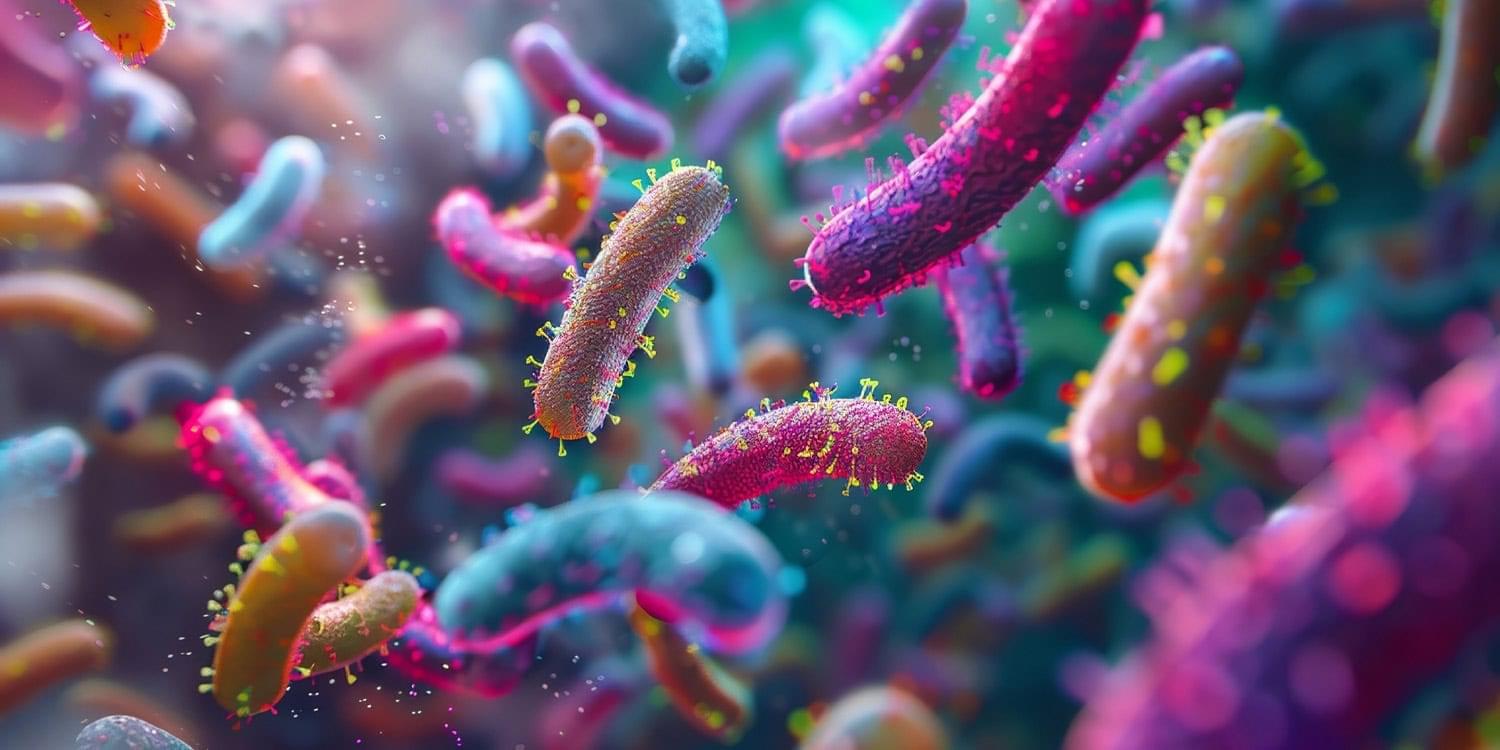A new study has identified distinct patterns in the gut bacteria of children and adolescents with autism spectrum disorder, attention-deficit/hyperactivity disorder, and anorexia nervosa. Published in the journal Neuroscience, the research also reveals altered levels of hormones that regulate appetite, suggesting a complex interplay between gut microbes, eating behaviors, and brain health in these conditions.
The human digestive tract is home to a bustling community of trillions of microorganisms, collectively known as the gut microbiota. This internal ecosystem communicates with the brain through a complex network of signals, often called the gut-brain axis. Researchers are increasingly recognizing that an imbalance in this microbial community, sometimes referred to as dysbiosis, may be associated with a range of health conditions, including those affecting the brain.
Neurodevelopmental disorders like autism spectrum disorder (ASD) and attention-deficit/hyperactivity disorder (ADHD), along with the psychiatric disorder anorexia nervosa (AN), are frequently accompanied by gastrointestinal issues and atypical eating patterns.
